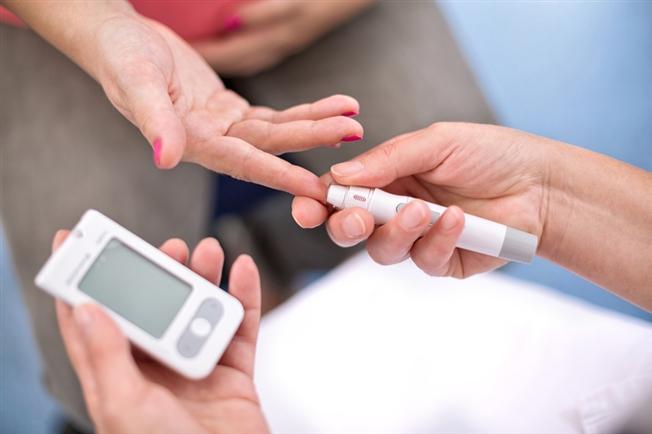Maternity (Obstetrics)
Our board-certified gynecologists are dedicated to serving you at every stage of your life, from adolescence to menopause and beyond. Whether you need treatment for common gynecological issues or advanced therapies and surgical expertise, we're here to provide comprehensive care and support.
